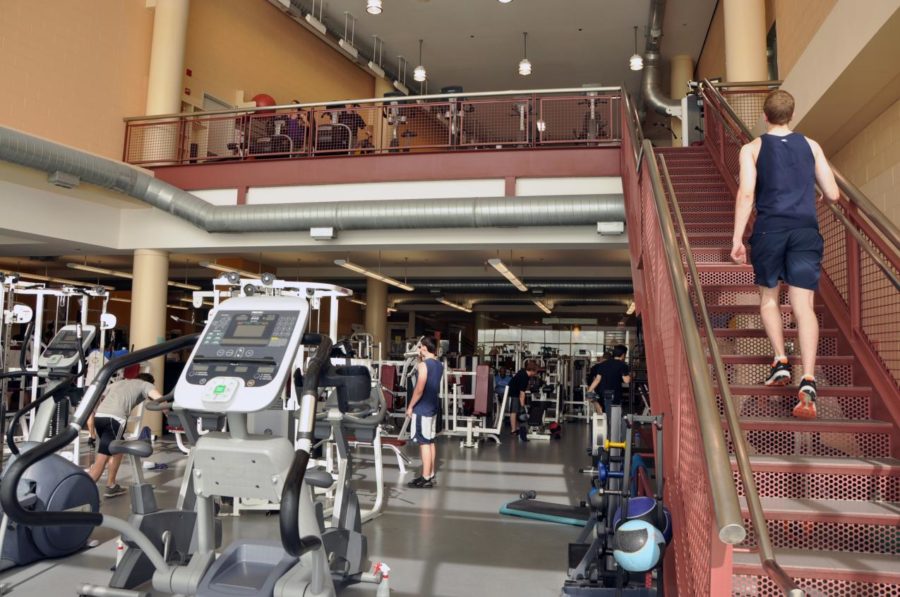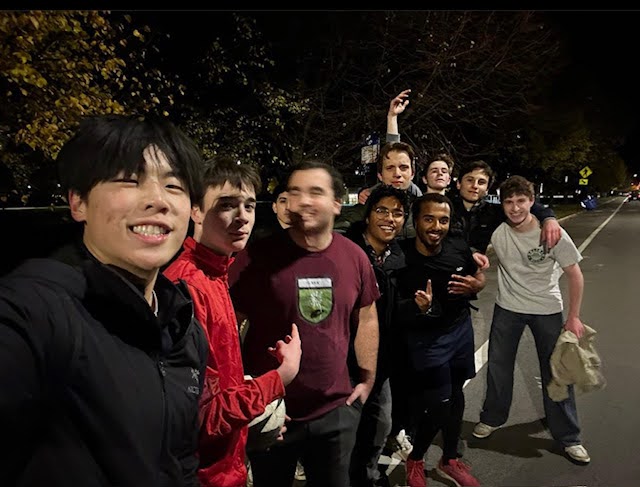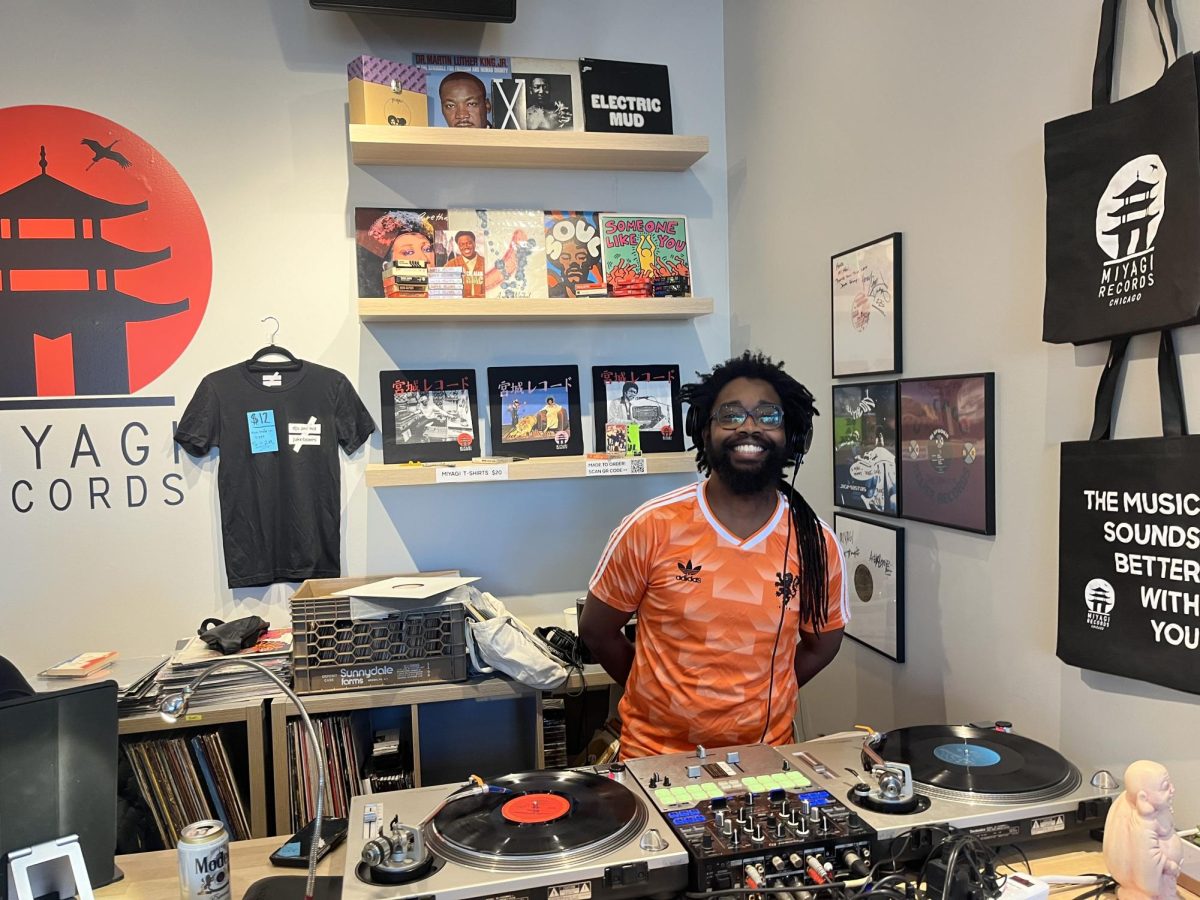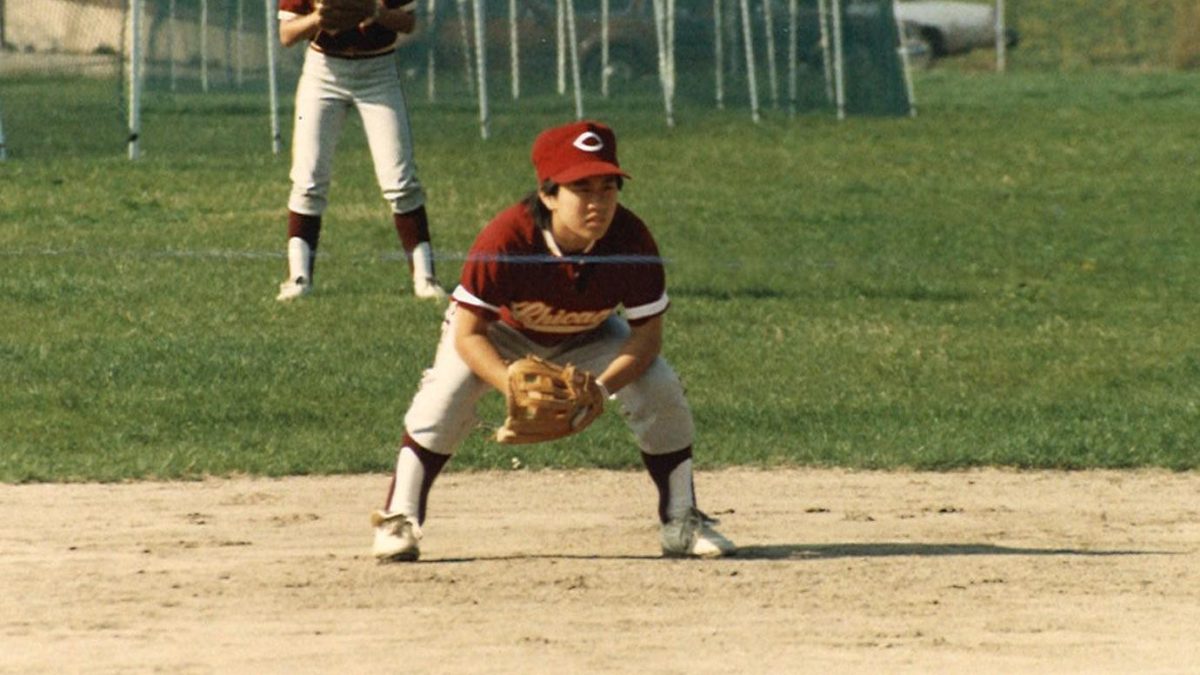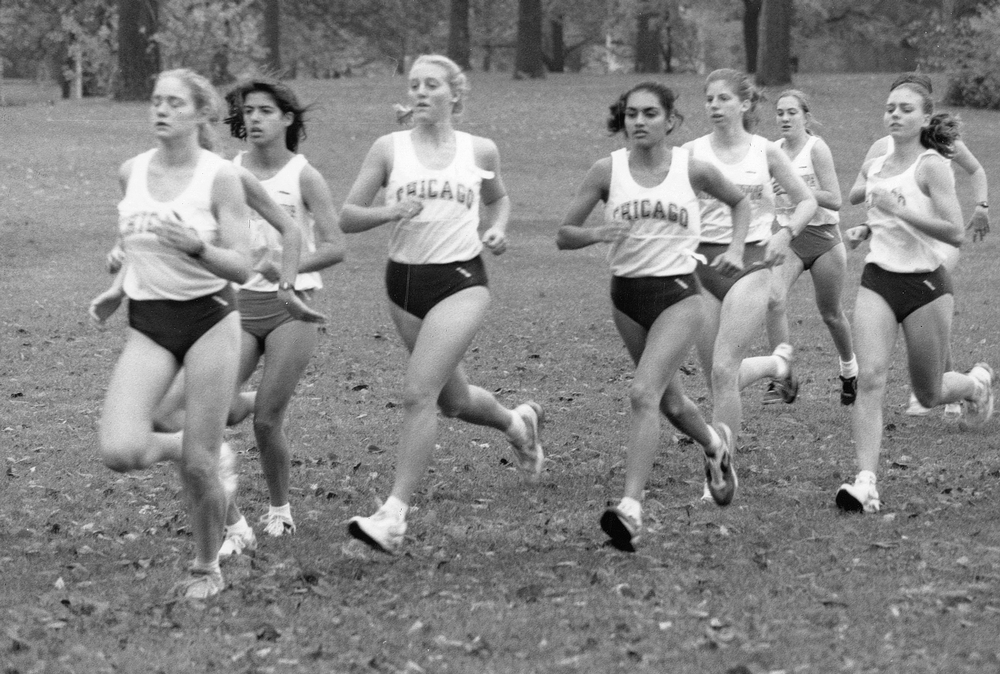The Cleveland Indians recently named Eric Wedge as their new manager. Get this: he’s only 34. I guess this should come as no surprise; after all, we’ve been seeing a youth movement in sports in recent years. Kevin Garnett led the charge, starting a trend of NBA players logging their first minutes on the court before age 20. Baseball and hockey had less of a prescribed four-years-of-college-then-enter-the-draft formula than did the NBA and NFL, which had large minor-league systems. These systems arguably existed for basketball and football in the form of Division I versions of those sports. Now, however, these training grounds in all sports are being eschewed (with football the least affected) for the fast track to the big time. Even in baseball, where players are supposed to spend years on farm teams, players like Francisco Rodriguez, age 20, are winning World Series games. In response to this movement, I guess we are seeing managers getting younger as well. The sad thing is that this guy is too young to even be President, and we’re letting him run a baseball team!
I have to wonder, though, where this all is headed. Sports players are coming to professional leagues earlier, and modern medicine is prolonging careers. Pretty soon, we might see basketball players on teams with their children. I know it has already happened in baseball, but I am talking about basketball. Most positions in baseball are far less demanding on the body than basketball is, and in an era where a torn ACL is becoming a standard six month recovery instead of potentially career-ending, I don’t think it’s all that far fetched. If John Stockton fathered a child at age 22, and that son was built like Kevin Garnett, John could conceivably be asking Karl Malone to take on a lesser role so that his boy could run the pick and roll against the Spurs with his dad this season.
The real issue here is that I feel old. I can no longer look up to players in the NBA who were my childhood heroes. This is mostly because half of them are younger than I am. It is also ridiculous that they are making millions of dollars playing a game, while I am paying an absurd amount of money to work my rear end off at this school.
I am past my prime in basketball years. My childhood dream of playing as a 6’3″ Irish power forward in the NBA dwindles with each day and night that I spend in the Regenstein Library instead of running sets of suicide sprints at an upscale gym with old men screaming at me to run faster. My only connection to the NBA can be as one of those old men, yelling at those more athletically gifted, trying to live vicariously through their successes.
A friend of mine just stopped by to check on my progress with this column. He laughed at me. Madly. Then he pointed out something that brings me a little bit of solace. “You know, Ben,” he giggled, “98 percent of basketball players wouldn’t understand that last sentence.” I give basketball players a little more credit than that. But not much. So what? They still get to play a game and I still am sitting in a library, albeit with a little better understanding of sentences. They have enough money to hire people like me to read sentences for them. Maybe if I was hired by one of the dumb basketball players to read sentences for them then I could live vicariously without having to yell at people to run faster.
I’ve got a better idea, though. A convenient byproduct of modern medicine has been touched on: athletes are coming into the league earlier, while modern medicine is simultaneously prolonging their careers. Additionally, nutritional supplements are being used to push borderline athletic-talent levels to professional levels. This means that at any given time, the number of available athletes is on the rise. Here’s the idea: stop expansion and force players to get an education before they get in the league. The quality of play would increase. Players of offensive and defensive sets would gain what was lost in brainless talent through better understanding. The policy could even be extended to force coaches to get advanced degrees before being handed the reigns of a team. Smarter players always do better than dumb players with similar talent. Sports have now reached a point where official policies should reflect that knowledge and use it to improve the leagues.


